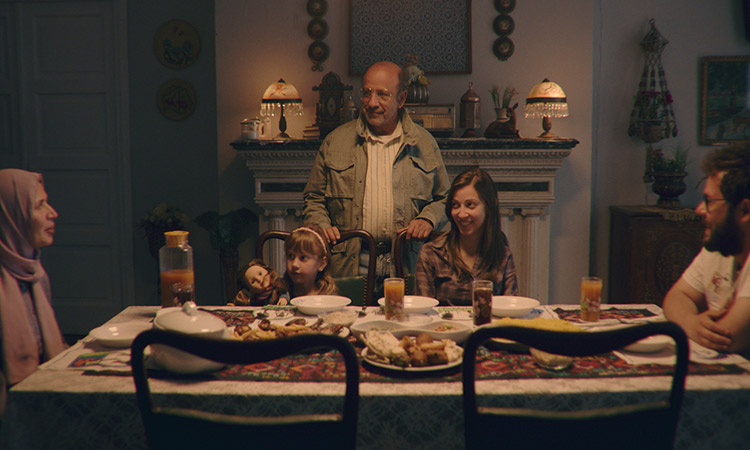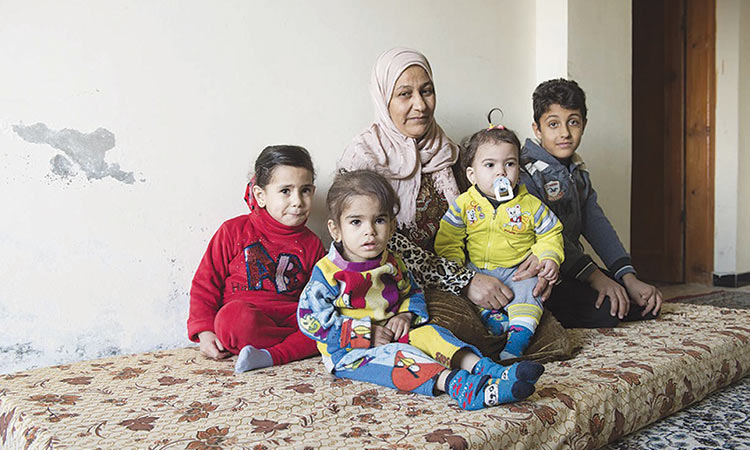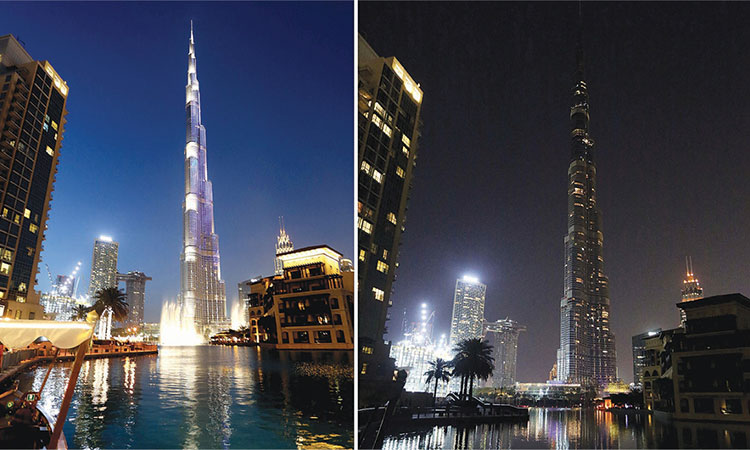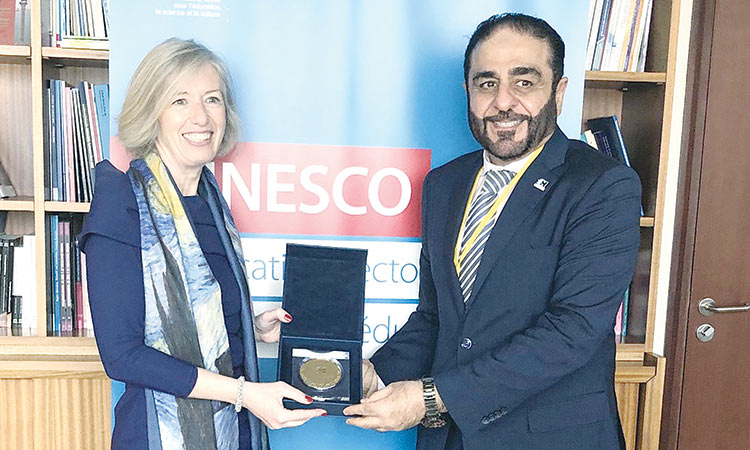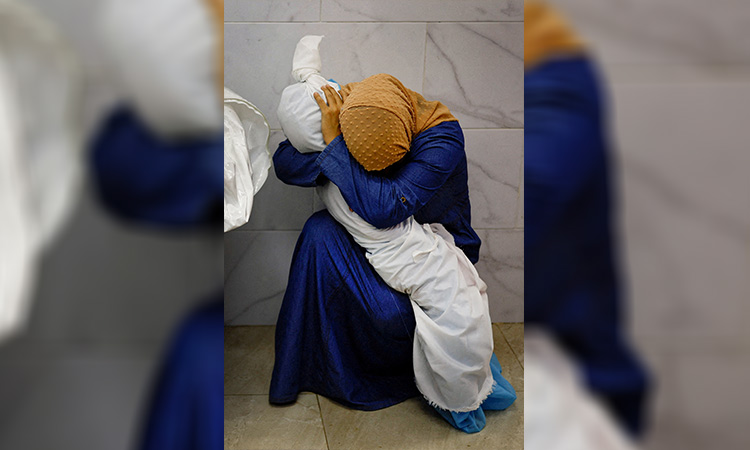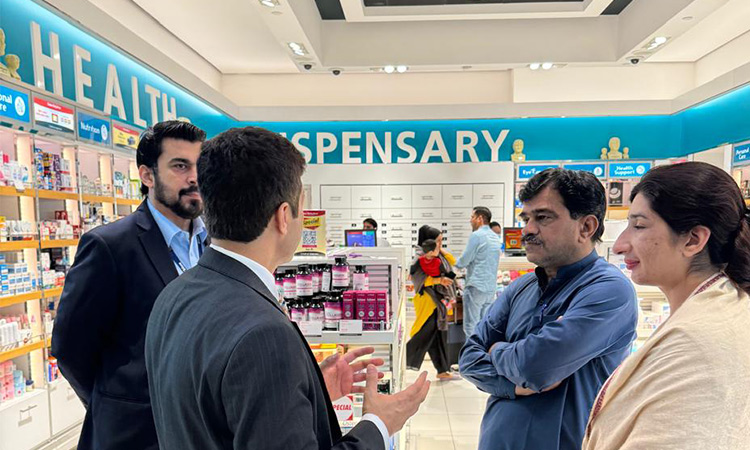‘Sharjah award inspires others to act on refugees’
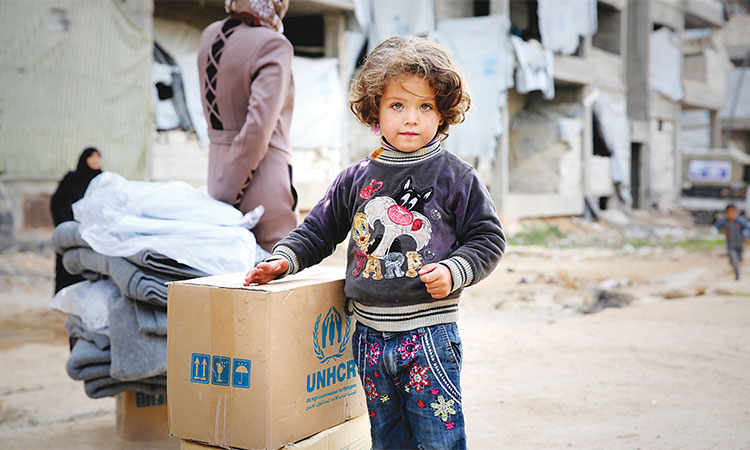
We need to step up support for refugees, said Filippo Grandi.
The United Nations High Commissioner for Refugees, Filippo Grandi, has said that the Sharjah International Award for Refugee Advocacy and Support should be commended for making the refugee issue more relatable by bringing the human face of the crisis to the fore.
Grandi said the award launched by Her Highness Sheikha Jawaher Bint Mohammed Al Qasimi, Wife of His Highness the Ruler of Sharjah, Eminent Advocate for Refugee Children at the United Nations High Commissioner for Refugees and Chairperson of the Big Heart Foundation, had been instrumental in highlighting both individual and organisational efforts and their substantial achievements. Such recognitions can help inspire others to act on supporting the refugee cause within their own capacity, he said.
By June of 2018, 68.5 million people worldwide had been forcibly displaced according to the Global Trends Report, published by UNHCR. At a time when an average of one person is displaced every two seconds, what do you think needs to be done differently?
The world we live in today faces unprecedented levels of forced displacement, greater than at any time since WWII, with the figures continuing to increase year after year. This grave situation calls for the international community to work together to better understand and address the root causes of forced displacement. This can happen through new efforts in conflict prevention and resolution, upholding international humanitarian law, promotion of respect for human rights and fundamental freedoms, and poverty alleviation and development assistance. In the meantime, while solutions are being found, we need to step up support for refugees and the communities hosting them through targeted humanitarian and development action.
In that sense, the Global Compact on Refugees – developed by the Member States of the United Nations General Assembly last year – is an important framework to strengthen shared responsibility for refugees, and to provide them with opportunities for self-reliance, helping them lead productive lives while in exile, and to ensure more robust support and investment for host countries.
One thing TBHF has been doing differently is transitioning from providing short-term emergency relief to making longer-term interventions – building schools and community centres, offering cash assistance, psychological support, skills training, etc.
This follows the vision of UNHCR Eminent Advocate, Her Highness Sheikha Jawaher Bint Mohammed Al Qasimi, Chairperson of TBHF, who has been challenging the persisting refugee stereotypes as a helpless group of people, so that the world acknowledges them as productive members of society who need to be fully integrated and given a fair chance to contribute to society. What are your thoughts on this approach?
This approach is very much aligned with the vision of the Global Compact on Refugees, which aims for a more comprehensive and sustainable response to the current displacement crisis, where refugees are included in national development programmes and have access to national education, health and other services, where they are given opportunities to become active participants within local host communities, and where they can contribute positively and help drive the development of local economies.
The SIARA award was established to recognise the contributions of an inspirational individual or group making a real difference in alleviating the plight of refugees, IDPs and other vulnerable groups of people. UNHCR’s Nansen Refugee Award has been doing so since 1954. At a time when some are demonstrating intolerance and calling for more restrictive policies, do you think these awards have a role to play in inspiring collective solidarity and action towards this important cause?
Absolutely. Humanitarian awards are significant occasions to highlight both individual and organisational efforts and their substantial achievements. People who have made exceptional contributions that make a difference in the lives of the disadvantaged should be recognised and acknowledged as role models. This recognition can help inspire others to act on supporting the refugee cause within their own capacity.
